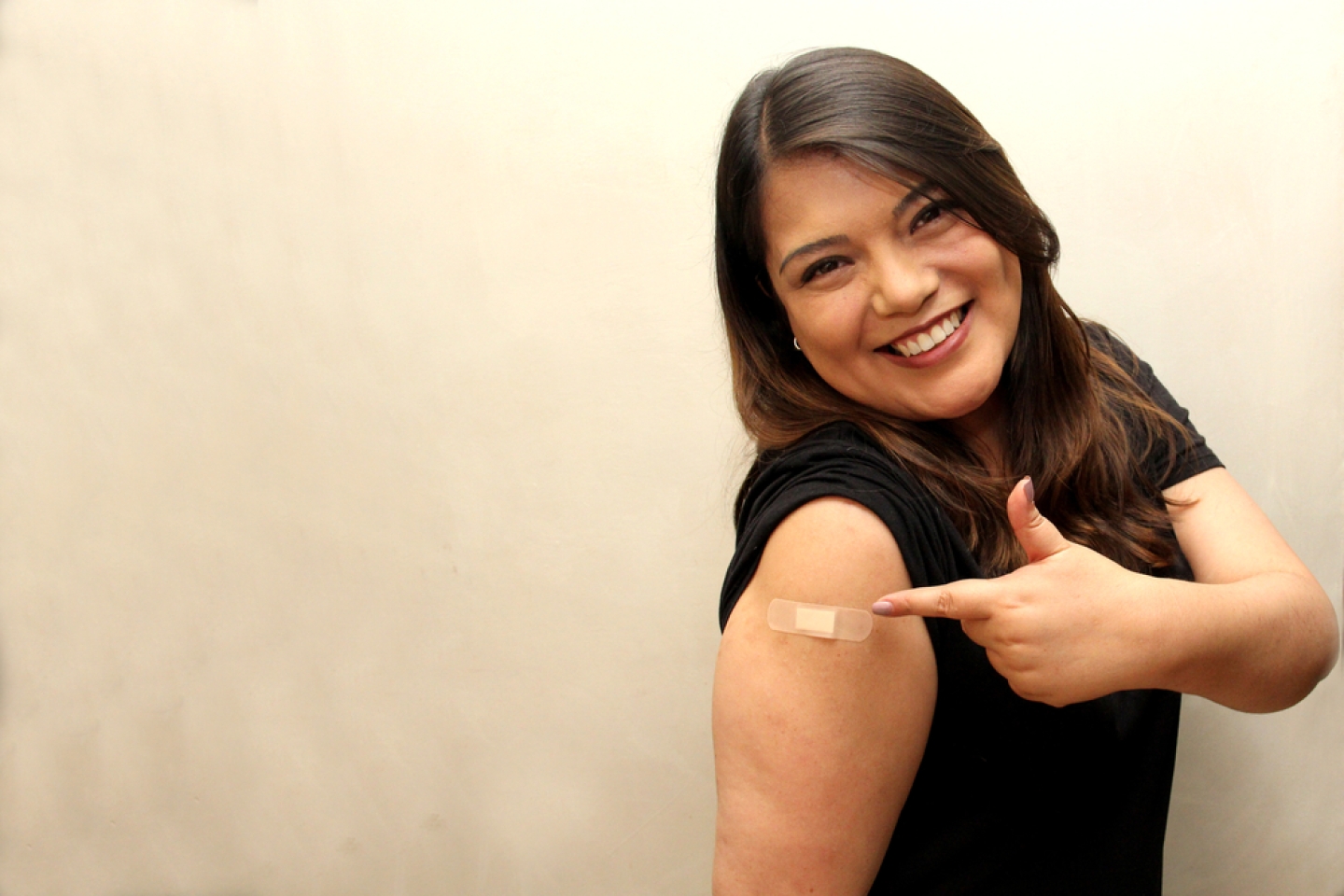
Don’t call it a booster. Think of the new COVID-19 vaccine as an updated formula akin to an annual flu vaccine, which targets whatever is circulating that season. The new COVID vaccines, manufactured by Pfizer-BioNTech, Moderna and Novavax, are designed to protect against recent variants of SARS-CoV-2—namely, XBB and other Omicron spinoffs, including EG.5. They’re monovalent vaccines, meaning that they contain one strain of the virus, not two.
See answers to your vaccine FAQs, below:
As of mid-September, the Centers for Disease Control and Prevention (CDC) announced that the new vaccines are now available at your primary care doctor’s office or retail pharmacy. You may also visit vaccines.gov to find a vaccination site near you.
Vaccines don’t completely prevent infection, but they can keep you from developing severe disease.
According to the new guidance from the CDC:
Being up to date on your COVID vaccination is particularly important for immunocompromised people and those over 65. For those younger than 65 without major health problems, the benefit of getting the new vaccine is that if you get COVID, you’ll be less sick, and you’ll be sick for a shorter period of time.
Says NYC Health Commissioner Dr. Ashwin Vasan, consider getting the new vaccine if you’re more than 6 months out from your last dose.
Another factor is whether you’ve recently had COVID—a possibility as the number of cases continues to increase. The CDC recommends that you wait to get vaccinated until your isolation period ends.
New Yorkers can make an appointment to receive the new COVID vaccine at the NYC Vaccine Finder website here.
If your previous vaccine doses were given outside of Weill Cornell Medicine or NewYork-Presbyterian, please upload your proof of vaccination to your Connect account so that we can offer you the new annual shot.
New Yorkers are encouraged to bring their CDC COVID-19 vaccination card when they go to get their new vaccine so that they’ll have a record of their COVID vaccination history.
Yes, it’s safe to go for both shots at the same time.
People over age 60 and women in the late stages of pregnancy can get the RSV vaccine. However, as there are no studies yet showing that it’s safe to get all 3 vaccines at the same time, it would be prudent to wait 2 to 4 weeks after receiving the other 2 vaccines before getting your RSV shot.
To make an appointment for a consultation with your primary care physician at Weill Cornell Medicine, call 646-962-8000, log in to Connect or find a provider. If you have recently tested positive for COVID-19, you may be asked to schedule a virtual visit appointment. You may also visit vaccines.gov to find a vaccine site close to where you live.